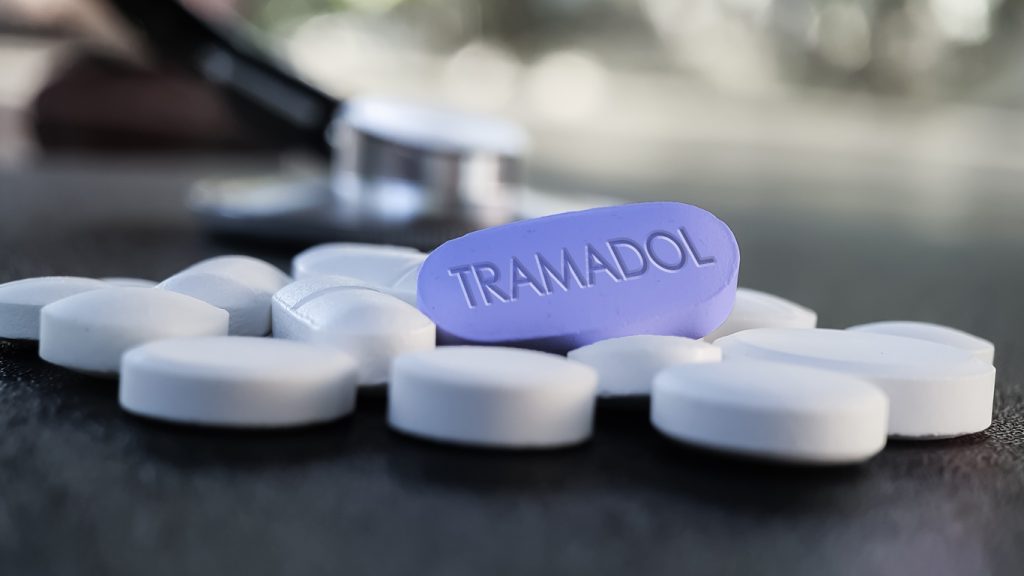Côte d’Ivoire: Ban on alcoholic energy drinks, but what about Tramadol?

Lately, an inter-ministerial decree in Côte d’Ivoire has reinstated the ban on the manufacture, importation, and sale of alcoholic energy drinks throughout the Ivorian national territory. This decision aims to address a growing public health concern. However, this measure raises questions about the focus on the real health challenges, particularly the ongoing availability of Tramadol in the Ivorian market.
Tramadol, a substance with devastating effects, remains surprisingly available legally despite its harmful consequences, especially when consumers decide to combine it with other alcoholic or non-alcoholic beverages.
So, why does the main target seem to be energy drinks rather than this drug that continues to be distributed unchecked?
However, the real persistent issue lies in the availability of Tramadol. This opioid drug, initially used to treat pain, has been diverted for recreational purposes and has wreaked havoc in many communities.
The effects of Tramadol, when combined with any alcoholic or non-alcoholic beverage, can be extremely dangerous, ranging from physical dependence to serious medical complications and even death.
So, why this apparent priority on energy drinks? Some may wonder about the reasons that led the authorities to target these drinks first, rather than directly addressing the Tramadol problem. The urgency of the Tramadol situation seems to be downplayed.
It is crucial for Ivorian authorities to tackle the Tramadol problem head-on by taking measures to restrict its availability and raising public awareness about the dangers of this drug.
A holistic and balanced approach is needed to address public health issues, taking into account all substances that pose a risk to the population.
In conclusion, while the ban on alcoholic energy drinks may not be the right direction to protect public health, it is imperative for authorities to also give serious attention to combating Tramadol.
Yann ETERNEL











